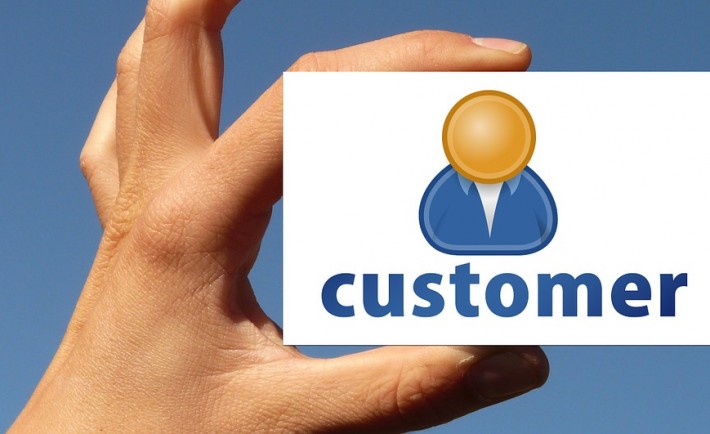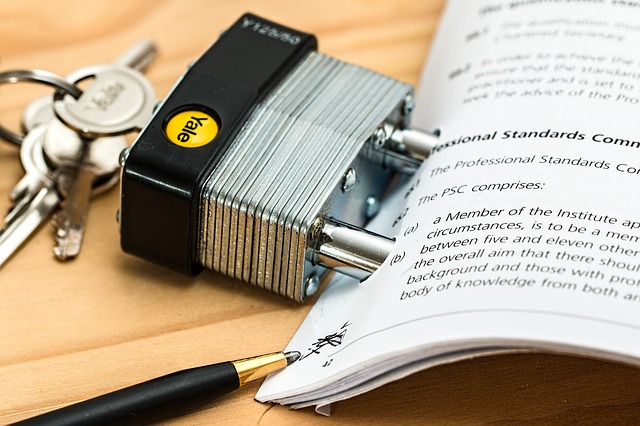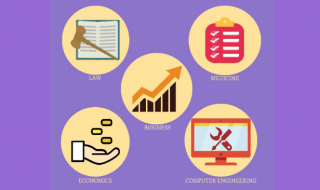
According to the recent survey by Freelancers Union, 44% of the participants (freelancers) reported problems with getting paid. Some are even tracking their clients for owning more than S$13,000 (US$10,000). Yes! Getting paid is one of the most frustrating and stressful aspects of being a freelancer.
In a world of fixed expenses and variable income, the stress of a freelancer comes when they have to deal with stubborn clients. While frustration arises when the client piles up more work when you still have not gotten paid yet.
Although this dilemma can be overwhelming at times, find fulfillment with this clever plan to get what you de$erve:
GET PAID FIRST
For your first client, shall you charge a flat rate or shall you give a discount? No matter what you choose to do, do not start working until you get upfront. This is the best case scenario!
As cash flow is the core of most freelancers, you do not want your finances to crash just because of the debt of your clients. Ask them to pay at least two weeks in advance before you commence your work to avoid chasing for your clients.
REQUIRE A DOWN-PAYMENT
If your client cannot pay upfront due to valuable reasons, consider requiring a down-payment to send a message that you mean serious business. As a newbie in the field, it is understandable to feel uncomfortable as you do not want to make demands that could ruin the new relationship you have with your client. I felt the same way in the first few months. However, like any professional services firm, you must require a down-payment to ensure that your client is capable of paying you.
SET A SCHEDULE FOR PAYMENTS
It is better to stick with a billing schedule to keep track of everything. Whether you would like to send the invoice every month or bi-weekly, you must bill on time. To put things in perspective, you may treat your client’s payment as something you can deduct to your credit. For example, deduct the “total bi-weekly due amount” to the credit pool upon making an invoice for it. This way, you are giving more importance to time and money management.
SEND A FRIENDLY REMINDER
For late payments, act immediately by sending a friendly reminder to your client. Give him and her the benefit of the doubt by assuming that the lack of payment is due to a mistake, medical reason, or an oversight. That is all it takes to get paid – sometimes.
PUT EVERYTHING IN WRITING
To prevent the unwanted “late payment scenario”, you need to have a contract that defines when you will get paid and includes a clause for when you do not get paid on time. In your contract, you must guarantee that…
a. the client does not own anything they have not paid for,
b. the client will be charged with an interest for overdue invoices, and
c. the court shall give you the right to get your money back.
This binding contract protects you in case legal matters arise.





